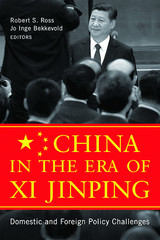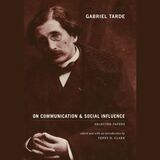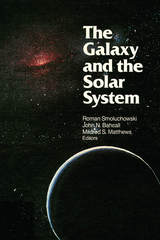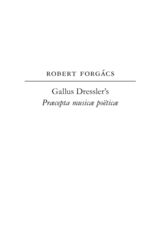
Since becoming president of China and general secretary of the Chinese Communist Party, Xi Jinping has emerged as China's most powerful and popular leader since Deng Xiaoping. The breathtaking economic expansion and military modernization that Xi inherited has convinced him that China can transform into a twenty-first-century superpower.
In this collection, leading scholars from the United States, Asia, and Europe examine both the prospects for China's continuing rise and the emergent and unintended consequences posed by China's internal instability and international assertiveness. Contributors examine domestic challenges surrounding slowed economic growth, Xi's anti-corruption campaign, and government efforts to maintain social stability. Essays on foreign policy range from the impact of nationalist pressures on international relations to China’s heavy-handed actions in the South China Sea that challenge regional stability and US-China cooperation. The result is a comprehensive analysis of current policy trends in Xi's China and the implications of these developments for his nation, the United States, and Asia-Pacific.

A collaborative effort by scholars from the United States, China, and Japan, this volume focuses on the period 1972-1989, during which all three countries, brought together by a shared geopolitical strategy, established mutual relations with one another despite differences in their histories, values, and perceptions of their own national interest. Although each initially conceived of its political and security relations with the others in bilateral terms, the three in fact came to form an economic and political triangle during the 1970s and 1980s. But this triangle is a strange one whose dynamics are constantly changing. Its corners (the three countries) and its sides (the three bilateral relationships) are unequal, while its overall nature (the capacity of the three to work together) has varied considerably as the economic and strategic positions of the three have changed and post–Cold War tensions and uncertainties have emerged.
In considering this special era, when the three major powers in the East Asia region engaged in positive interaction, the essays in this volume highlight the importance of this triangular reality in achieving a workable framework for future regional and global cooperation.

Relations between China and the United States have been of central importance to both countries over the past half-century, as well as to all states affected by that relationship—Taiwan and the Soviet Union foremost among them. Only recently, however, has the opening of archives made it possible to research this history dispassionately. The eight chapters in this volume offer the first multinational, multi-archival review of the history of Chinese-American conflict and cooperation in the 1970s.
On the Chinese side, normalization of relations was instrumental to Beijing's effort to enhance its security vis-à-vis the Soviet Union and was seen as a tactical necessity to promote Chinese military and economic interests. The United States was equally motivated by national security concerns. In the wake of Vietnam, policymakers saw normalization as a means of forestalling Soviet power. As the essays in this volume show, normalization was far from a foregone conclusion.

In 2009, to mark the sixtieth anniversary of the People’s Republic of China, the Fairbank Center for Chinese Studies convened a major conference to discuss the health and longevity of China’s ruling system and to consider a fundamental question: After three decades of internal strife and turmoil, followed by an era of reform, entrepreneurialism, and internationalization, is the PRC here for the dynastic long haul?
Bringing together scholars and students of China from around the world, the gathering witnessed an energetic exchange of views on four interrelated themes: polities, social transformations, wealth and well-being, and culture, belief, and practice. Edited and expanded from the original conference papers, the wide-ranging essays in this bilingual volume remain true to the conference’s aim: to promote open discussion of the past, present, and future of the People’s Republic of China.

READERS
Browse our collection.
PUBLISHERS
See BiblioVault's publisher services.
STUDENT SERVICES
Files for college accessibility offices.
UChicago Accessibility Resources
home | accessibility | search | about | contact us
BiblioVault ® 2001 - 2024
The University of Chicago Press









